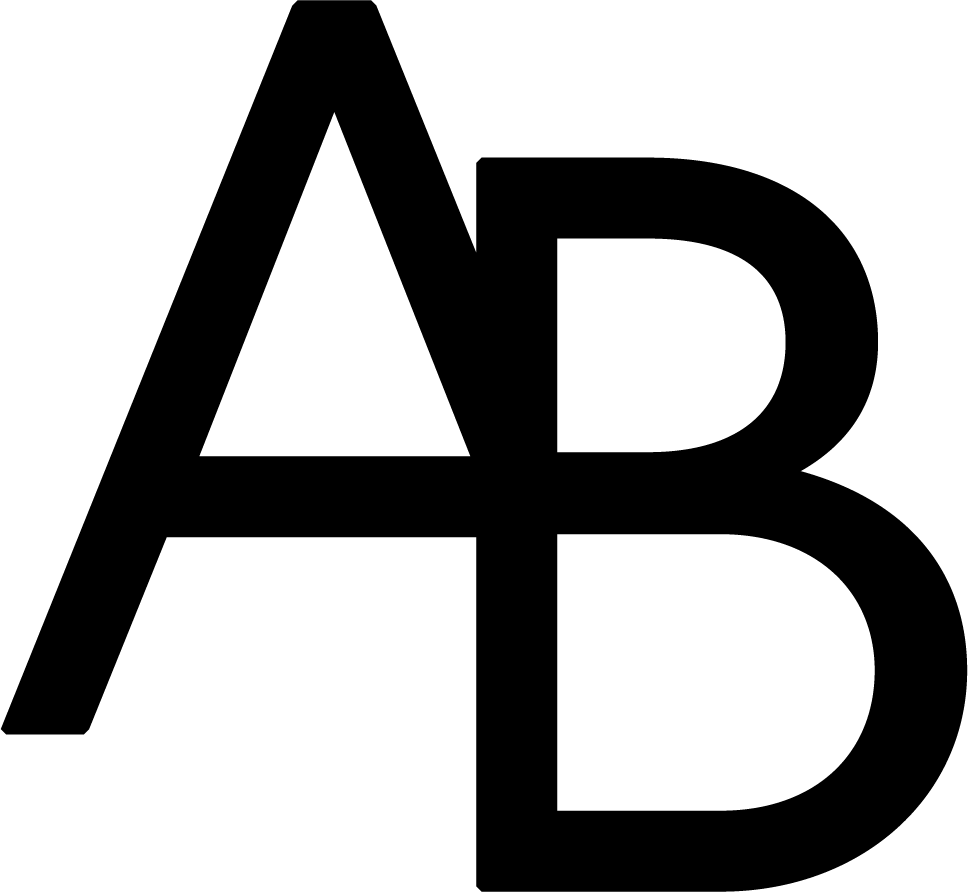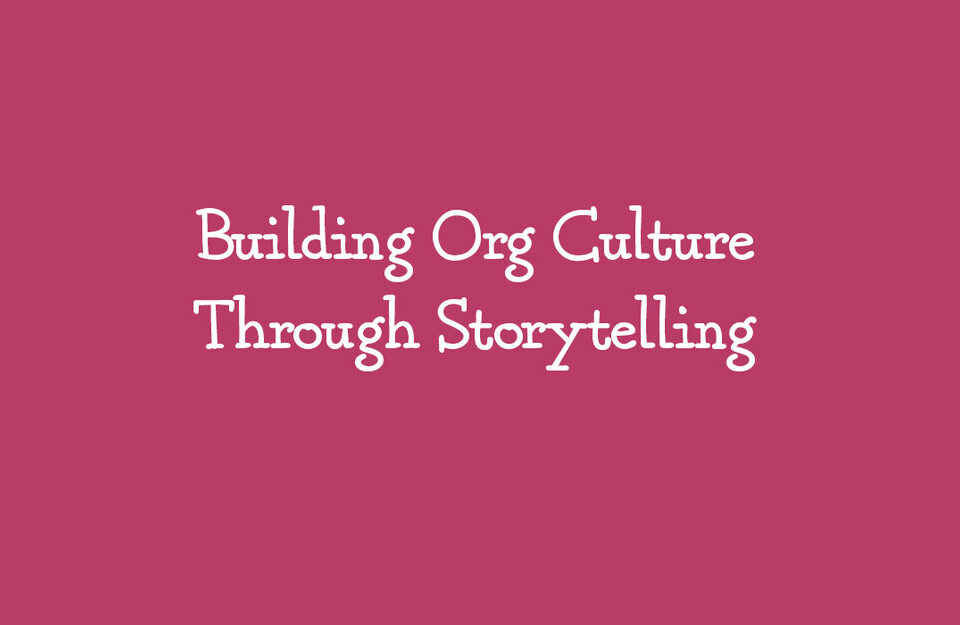When you ask interns about their experiences with their project guides or managers, you get to hear some crazy stories. The insecure and moronic will always treat Interns as a form of life similar to amoeba and consequently low down on the food chain. While the smarter people use the interns to get a fresh perspective to some real life issues and problems. The evolved look at it as an opportunity to build the employer brand.The jobs are back. So are internships. Their cover story of 15 April 2010 is labelled Angels, Bosses and Demons. The article clearly identifies the ideal boss. You have to decide who they refered to as Demon or Angel. JAM's reporter Prachi Parekh wanted to know how I would treat an intern. Here are some excerpts...
THE Tale, the Parable, and the Fable are all common and popular modes of conveying instruction. The Tale is a story either founded on facts, or sometimes just a figment of imagination. There are no moral lessons expected to be learned. The Parable is intended to convey secret meanings. Fables are intended to impact human behavior through the stories and the characters. Good and bad characters are clearly demarcated. Aesops fables have become a part of our everyday language. The story of the thirsty crow dropping pebbles in a pitcher to raise up the level of water is one of the first lessons in innovation we learned. The moral of the story is explicitly stated at the end eg "Necessity is the mother of invention" in case of the Crow and the Pitcher story.
This is a true story. I have a friend who heads the India operations of a well known European MNC. He has been with this firm for the past decade. During these years he has built up a fantastic track record of successfully managing assignments in different countries, leading teams to achieve success and is generally well regarded by his employer. Over the last few months he has been experiencing 'career fatigue'. We would often chat about the "What next?" question. He was wondering if he was still viewed as a valuable part of the firm's long term strategy.
I believe this is maybe the tipping point. We are entering the phase where firms will slowly start becoming more overt in its political views. To take on the might of a government even when there is a potential economic downsize to it. Google has just initiated phase three. After all, Youtube, Facebook and Twitter are already blocked in China. Will it happen? A tipping point is always interesting to watch. What do you think?
Work and learning are becoming the same activity in a knowledge economy. Rather than sending executives off to a learning institution, it makes more sense to increase the learning component of their work. In the company I work for, nGenera Insight, our education program is quite simple: Everyone must blog. By blogging, they need to think about what’s going on the world. They need to become knowledgeable and develop their craft of writing. They need to put forward their thoughts and defend them. This is Executive Education fully integrated into work.
Work and learning are becoming the same activity in a knowledge economy. Rather than sending executives off to a learning institution, it makes more sense to increase the learning component of their work. In the company I work for, nGenera Insight, our education program is quite simple: Everyone must blog. By blogging, they need to think about what’s going on the world. They need to become knowledgeable and develop their craft of writing. They need to put forward their thoughts and defend them. This is Executive Education fully integrated into work.
There are three states that we experience: (i) Contentment - when we feed the body (ii) Joy when we feed the mind and (iii) Happiness when we feed our soul.
The best trendspotters are people who have this insatiable curiosity. It is not about age, background or education. You could have older people who possess a sharp curious mind and younger people who don't. Prof Henry Mintzberg (at McGill University), Klaus Schwab (at the World Economic Forum) and Paulo Coelho in my mind are great examples and inspiration of people who continue to be curious and have an innate ability to tap into trends. Paulo Coelho for example, is one of the first to have used twitter to interact with his readers (over 300,000 followers @paulocoelho), or to identify and promote pirate sites that offer his books illegally electronically on the Internet (http://paulocoelhoblog.com/pirate-coelho/ ) a great example about how you can have the courage and the vision to question your own industry…
When you think of Manchester United, you think of high voltage soccer, but do you think of “Man U” as the people who do great Talent Management? When you think of Storm Model Agency, you think haute couture and glamorous fashion models. Do you think of them as an organization that should be benchmarked for studying Talent Management practices? When you think of the BBC, Royal College of Music or Wimbledon, the top of the mind recall is not about their ability to coach high potential talent. That is exactly what the London based specialist consulting and executive search firm Jackson Samuel did. They delved into the Talent Management Practices of eight such firms (referred to as “Enterprise Organizations” here) and tried to glean out some insights on identifying and nurturing talent. The result was The Golden Few: Lessons in talent management from the worlds of entertainment, sport, arts and academia.









